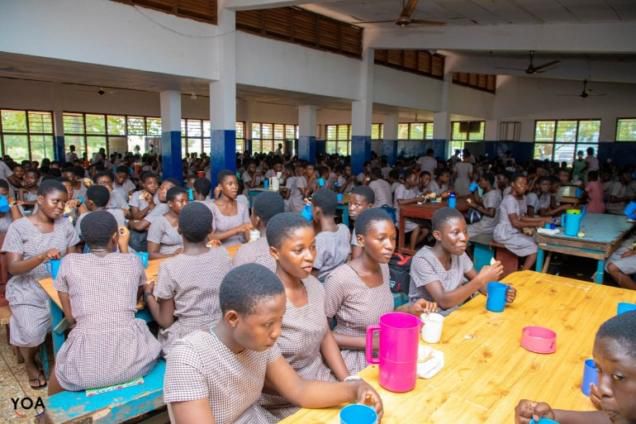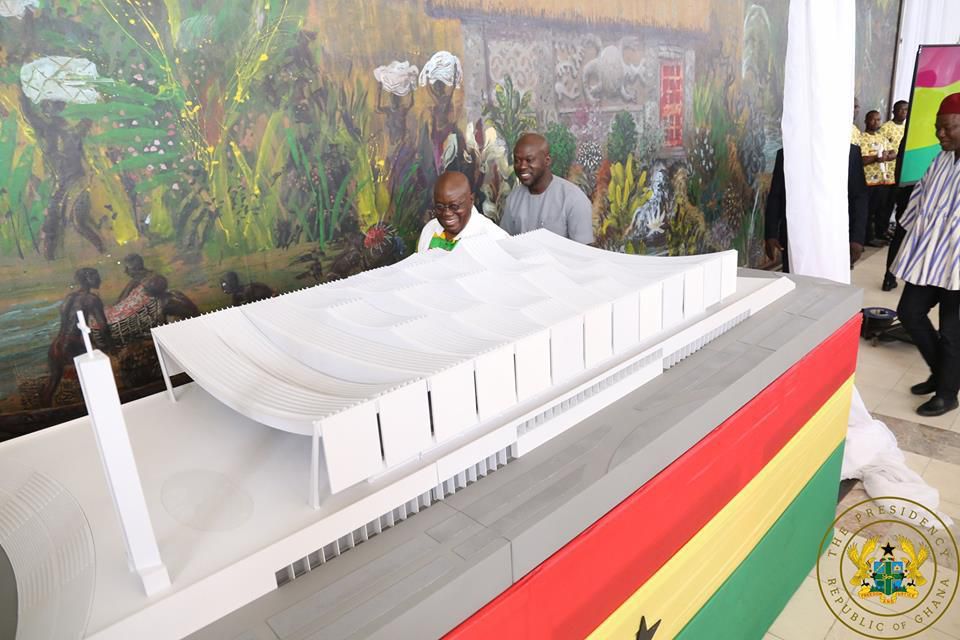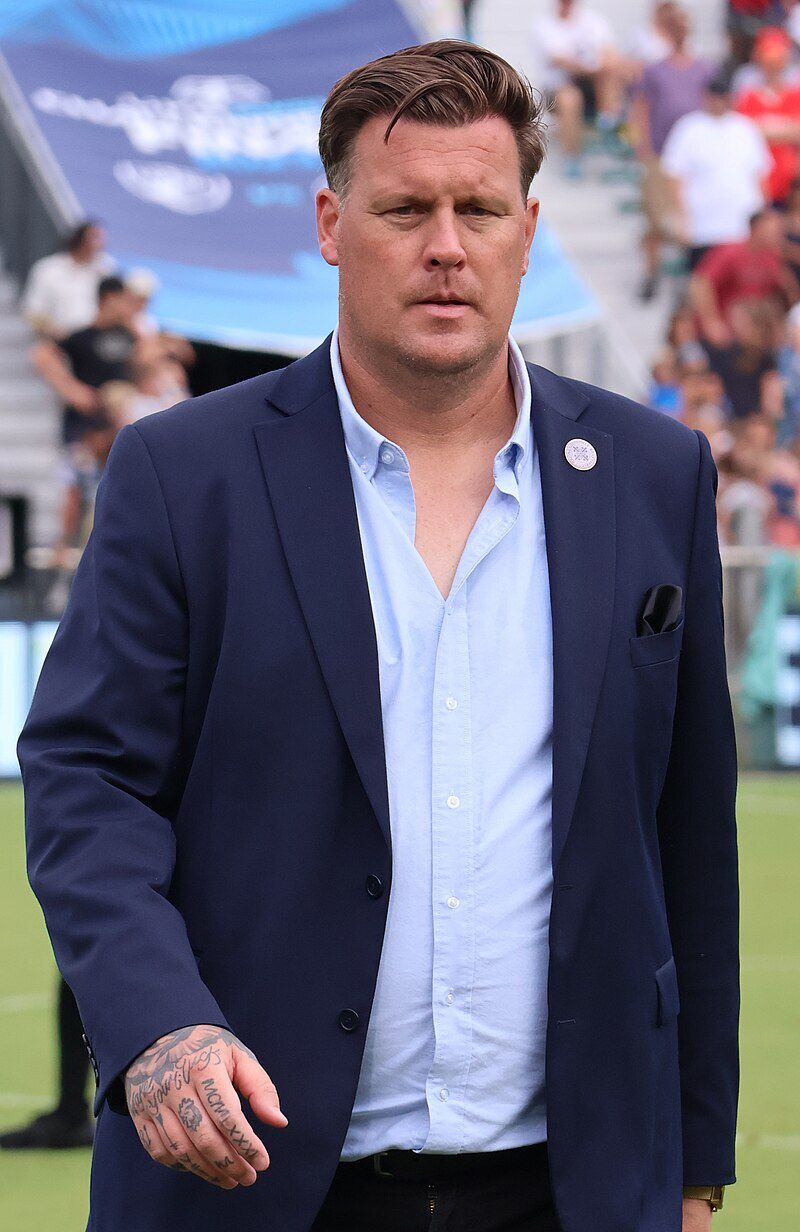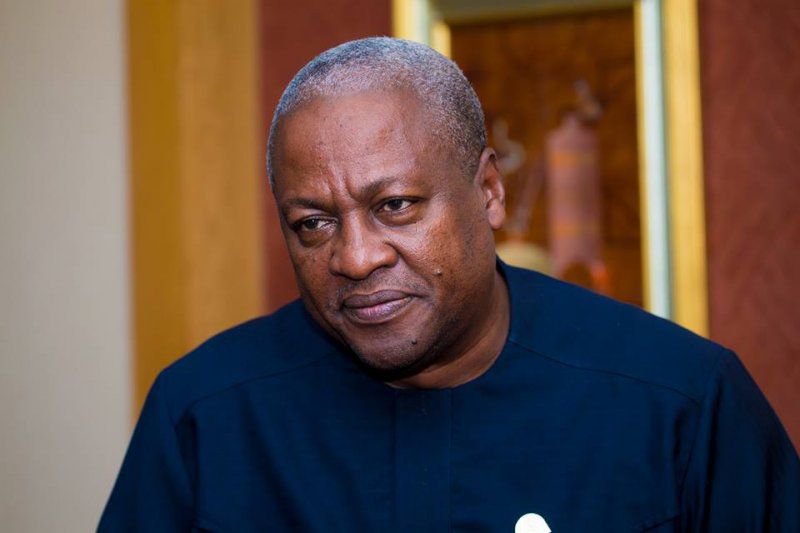
In a significant stride towards inclusivity and improved health outcomes, Ghana is embarking on a transformative journey to enhance healthcare services for adults and children with intellectual and developmental disabilities (IDD).
This initiative aims to address the longstanding disparities in health access and quality faced by this vulnerable population, ensuring they receive the care and support they deserve.
Historically, adults with IDD in Ghana have encountered numerous barriers to accessing healthcare. Stigmatization, lack of awareness, and insufficient training among healthcare providers have contributed to a system that often overlooks their unique needs.
However, a growing movement of advocates, healthcare professionals, and nonprofit organizations is working tirelessly to change this narrative.
One of the key components of this transformation is the establishment of specialized training programs for healthcare providers. These programs focus on equipping medical professionals with the knowledge and skills necessary to understand and address the complexities of IDD. By fostering a culture of empathy and competence, these initiatives aim to create a healthcare environment where individuals with IDD feel respected, understood, and supported.
In addition to training, community outreach plays a crucial role in this transformation. An organization like Mawuko Outreach Ghana, Founded and led by Dr. Isaac Mawuko Adusu is leading the charge by providing educational workshops and resources tailored to the needs of families and caregivers.
These programs not only empower caregivers with practical skills but also raise awareness about the rights and capabilities of individuals with IDD. By bridging the educational gap, these initiatives foster a more inclusive society that values the contributions of all its members.
Furthermore, the Ghanaian government is beginning to recognize the importance of integrating IDD care into the broader healthcare system. Policy reforms aimed at improving access to services, funding for specialized programs, and the establishment of support networks are essential steps toward creating a more equitable healthcare landscape.
Collaboration between government agencies, NGOs, and community organizations is vital to ensure that these efforts are sustainable and impactful.
The transformation of health and healthcare for adults and children with IDD in Ghana is not just a matter of policy; it is a moral imperative. Every individual, regardless of their abilities, deserves access to quality healthcare that respects their dignity and promotes their well-being.
As Ghana moves forward on this journey, it is essential to engage all stakeholders—families, healthcare providers, policymakers, and the community at large—in a collective effort to create a more inclusive and supportive environment.
In conclusion, the path to transforming health and healthcare for adults with intellectual and developmental disabilities in Ghana is paved with challenges, but it is also filled with hope and potential.
By prioritizing education, advocacy, and collaboration, Ghana can lead the way in ensuring that all individuals, regardless of their abilities, have the opportunity to live healthy, fulfilling lives. The time for change is now, and together, we can make a difference.
The post Transforming health and healthcare for adults and children: with intellectual and developmental disabilities appeared first on The Business & Financial Times.
Read Full Story















Facebook
Twitter
Pinterest
Instagram
Google+
YouTube
LinkedIn
RSS